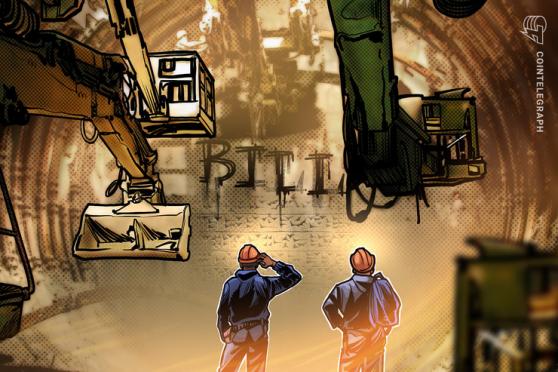On August 10, the United States Senate voted to pass a $1 trillion bill to revitalize America’s infrastructure. From the standpoint of the crypto community, miners in particular, the Senate’s foray into crypto legislation has been a disaster. Unless the language defining brokers in the bill is clarified, it will singlehandedly thwart the growth of a domestic industry just as it is taking off.
As written, the bill allows for multiple interpretations of the term “broker.” In the English language, there is no real controversy — or ambiguity — about what a broker does. According to Merriam-Webster’s online dictionary, a broker is “one who acts as an intermediary: such as […] an agent who negotiates contracts of purchase and sale (as of real estate, commodities, or securities).” In traditional finance, brokers purchase and sell financial assets, such as stock and bonds, for their clients. Compare this with miners of Bitcoin (BTC), the dominant cryptocurrency. In contrast to brokers, Bitcoin miners solve cryptographic puzzles to validate new blocks, an essential activity for the Bitcoin network to operate. The miners receive Bitcoin as compensation for providing this computation service. Thus, they definitively are not brokers.
Continue Reading on Coin Telegraph
